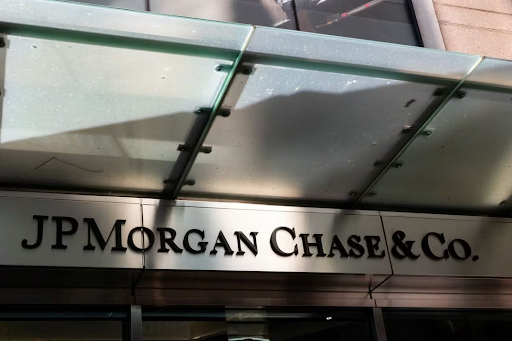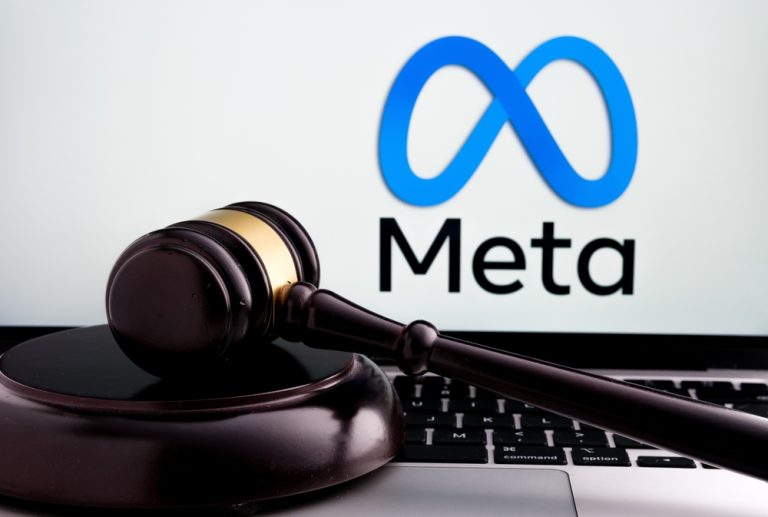In recent years, the landscape of corporate America has undergone significant shifts, especially in the realm of Diversity, Equity, and Inclusion (DEI). A recent Reuters review has highlighted a noteworthy trend: at least six major U.S. companies, including JPMorgan Chase, have revised their DEI policies. This change comes in the wake of threats of lawsuits from conservative groups, igniting a debate on the legal and ethical aspects of corporate DEI initiatives.
The revisions by companies like JPMorgan Chase, BlackRock, and others primarily involved altering language around programs previously aimed at underrepresented groups. For instance, JPMorgan, after receiving a letter in May 2022, changed the descriptions of its “Advancing Hispanics & Latinos” and “Advancing Black Pathways” programs to invite applications from all students “regardless of background.” Allison Kahn, a spokesperson for JPMorgan, affirmed the company’s commitment to an inclusive workforce.
Similarly, after receiving a letter in April, BlackRock removed language that earmarked a scholarship for specific underrepresented groups. Speaking for BlackRock, Ashley Beale expressed pride in expanding the eligibility for these scholarships. Other companies like Yum! Brands, American Airlines, and Lowe’s, also part of the 25 companies that received such letters, made comparable changes.
These changes reflect a broader conservative backlash against DEI initiatives in the U.S., particularly intensified after the racial justice protests of 2020. Conservative legal organizations like the American Civil Rights Project and America First Legal have been at the forefront of this movement. Dan Morenoff of the American Civil Rights Project and Gene Hamilton of America First Legal have expressed views that align with ensuring fair and equal treatment, albeit with divergent opinions on the authenticity and legality of these corporate shifts.
On the other side of the spectrum, voices like David Thomas, president of Morehouse College, warn that abandoning DEI initiatives could lead to a lack of representation in corporate leadership, potentially maintaining racial and gender disparities. The debate is further complicated by legal aspects, with companies potentially facing lawsuits for failing in their duties to shareholders, as in the case of a lawsuit filed against Starbucks’ directors, which was later dismissed.
Major U.S. corporations’ ongoing adjustments in DEI policies underscore a complex intersection of legal, ethical, and societal considerations. Corporations navigate a challenging terrain as America gears up for the 2024 presidential election, with DEI remaining a hot-button issue. They must balance legal risks, shareholder expectations, and societal demands for greater inclusivity and representation. The path forward for these companies will likely continue to evolve, reflecting the dynamic nature of DEI in corporate America.























+ There are no comments
Add yours